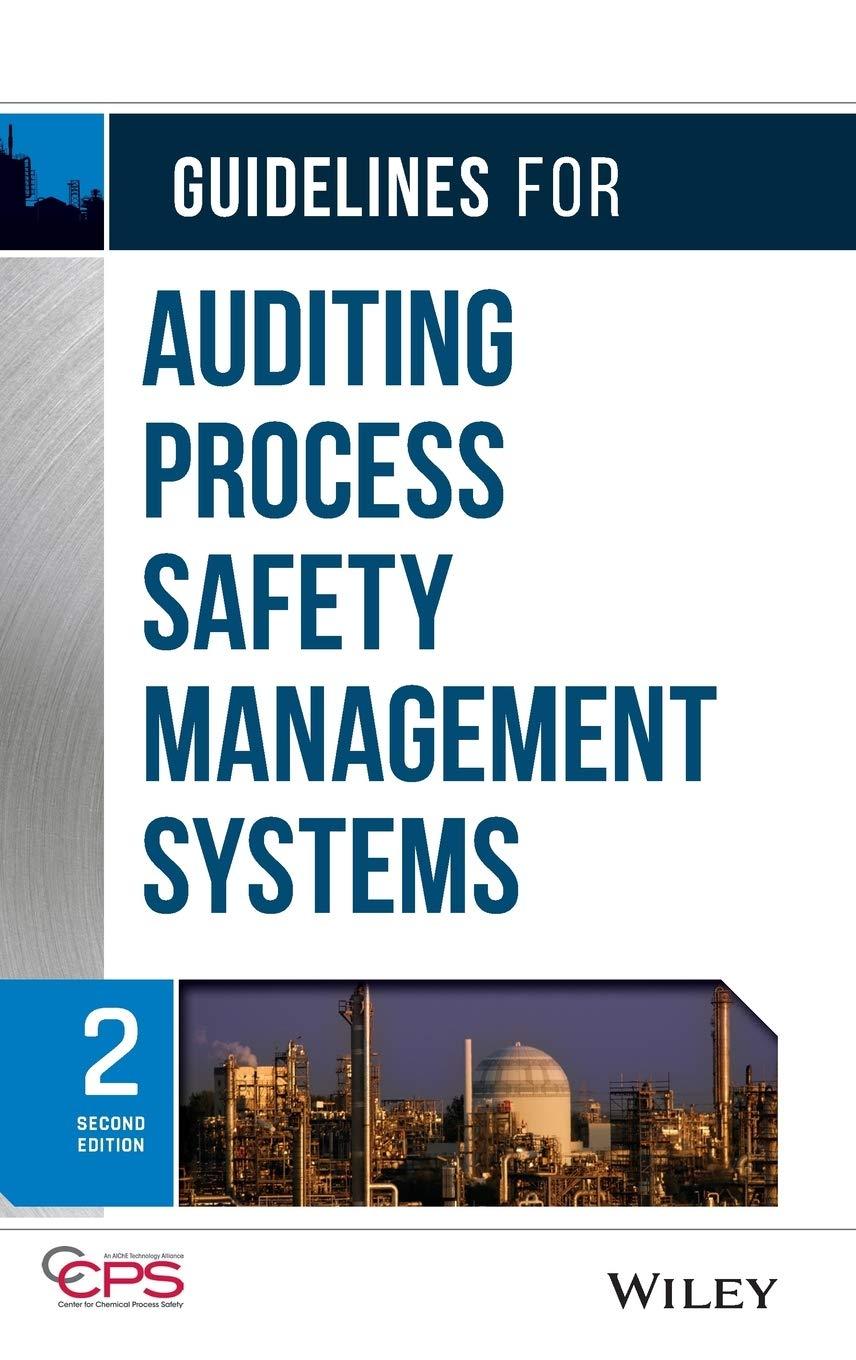Question
Provided are links to the present and future value tables: (PV of $1, FV of $1, PVA of $1, and FVA of $1) (Use appropriate
Provided are links to the present and future value tables: (PV of $1, FV of $1, PVA of $1, and FVA of $1) (Use appropriate factor(s) from the tables provided. Round your answer to the nearest whole dollar.) a. How much would you have to deposit today if you wanted to have $63,000 in five years? Annual interest rate is 8%. b. Assume that you are saving up for a trip around the world when you graduate in two years. If you can earn 7% on your investments, how much would you have to deposit today to have $17,500 when you graduate? (Round your answer to 2 decimal places.) c-1. Calculate the future value of an investment of $751 for nine years earning an interest of 12%. (Round your answer to 2 decimal places.) c-2. Would you rather have $751 now or $1,800 nine years from now? d. Assume that a college parking sticker today costs $90. If the cost of parking is increasing at the rate of 4% per year, how much will the college parking sticker cost in nine years? (Round your answer to 2 decimal places.) e. Assume that the average price of a new home is $131,000. If the cost of a new home is increasing at a rate of 9% per year, how much will a new home cost in nine years? (Round your answer to 2 decimal places.) f. An investment will pay you $12,500 in 10 years, and it will also pay you $350 at the end of each of the next 10 years (years 1 thru 10). If the annual interest rate is 6%, how much would you be willing to pay today for this type of investment? (Round your intermediate calculations and final answer to the nearest whole dollar.) g. A college student is reported in the newspaper as having won $13,000,000 in the Kansas State Lottery. However, as is often the custom with lotteries, she does not actually receive the entire $13 million now. Instead she will receive $650,000 at the end of the year for each of the next 20 years. If the annual interest rate is 5%, what is the present value (todays amount) that she won? (ignore taxes). (Round your answer to nearest whole dollar.)
|
Step by Step Solution
There are 3 Steps involved in it
Step: 1

Get Instant Access to Expert-Tailored Solutions
See step-by-step solutions with expert insights and AI powered tools for academic success
Step: 2

Step: 3

Ace Your Homework with AI
Get the answers you need in no time with our AI-driven, step-by-step assistance
Get Started


